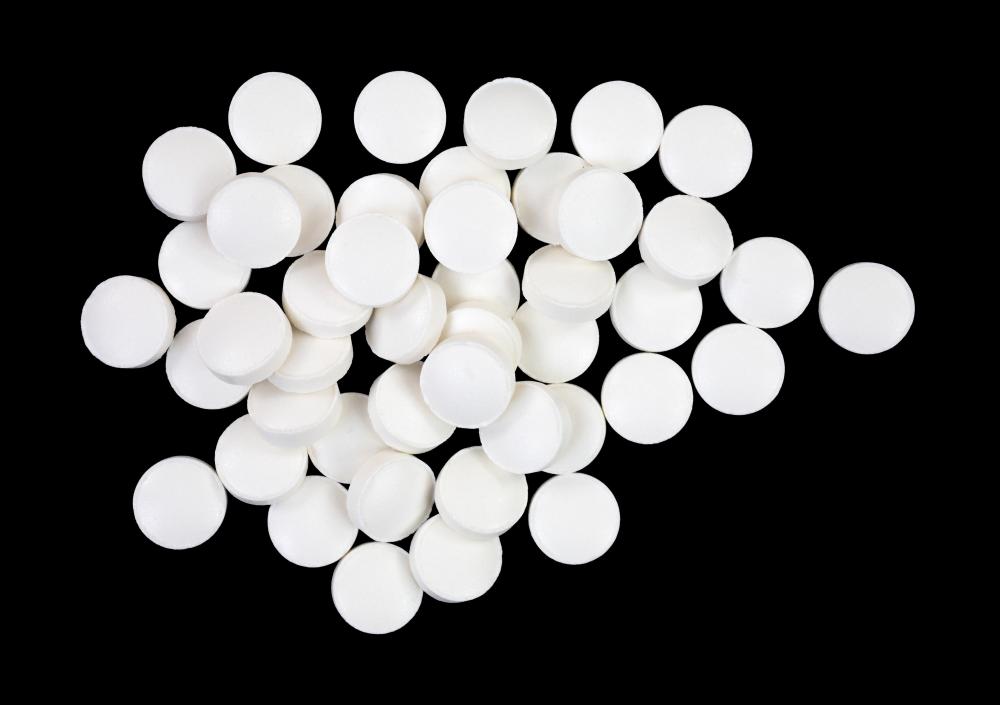At WiseGEEK, we're committed to delivering accurate, trustworthy information. Our expert-authored content is rigorously fact-checked and sourced from credible authorities. Discover how we uphold the highest standards in providing you with reliable knowledge.
What are the Uses of Melatonin for ADHD?
One of the main reasons for the use of melatonin for ADHD is that those suffering from this disorder often complain of insomnia. Melatonin is typically responsible for regulating sleep patterns, and those afflicted with attention deficit hyperactivity disorder have been found to have low levels of this hormone. Thus, it is common for doctors to suggest melatonin for ADHD, especially since increased sleep can help reduce the symptoms of the disorder, such as impulsivity, inattention, and hyperactivity. Additionally, melatonin supplements can help combat the insomnia that many drugs meant to treat ADHD can bring on, perhaps making those with this disorder less likely to discontinue use of their prescribed medications due to the inability to sleep.
Melatonin is a hormone that naturally occurs in the body, as it is made by the pineal gland. Its production is usually influenced by the amount of darkness and light that the body sees, as darkness promotes the pineal gland to make more of this hormone. It can regulate sleep patterns and even control the circadian rhythm of the body, and an increased quantity can reduce the amount of time it takes to fall asleep, increase sleeping hours, and improve alertness during the day. Since studies have shown that some of those with attention deficit hyperactivity disorder do not have sufficient levels of this hormone, it is not surprising that taking melatonin for ADHD is quite common.

Most medications prescribed for this disorder are stimulants, often causing insomnia, anxiety, and even an increased heart rate, making it difficult for some to relax or sleep. Of course, ADHD on its own also often results in insomnia, which means that even those who do not take medication likely suffer from this issue. Taking melatonin for ADHD about one hour before bedtime can solve the problem of insomnia, and many people prefer this route over sleeping pills, since melatonin is natural, available without a prescription, and is not addictive. The only side effect that many people experience with this supplement is drowsiness, which is often a welcome change from the hyperactivity and anxiety that many people with ADHD are plagued with.

While taking melatonin for ADHD is not meant to reduce the main symptoms of the disorder, it often indirectly does. This is because sufficient sleep can often combat hyperactivity, impulsivity, and inattention, which are the main symptoms associated with this disorder. For this reason, many people take melatonin for ADHD along with their regular medications in order to both treat their disorder and improve their ability to sleep.
AS FEATURED ON:
AS FEATURED ON:














Discuss this Article
Post your comments